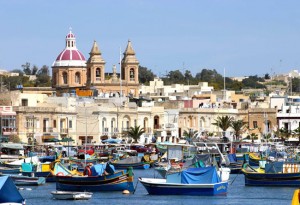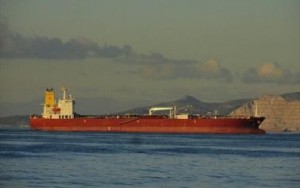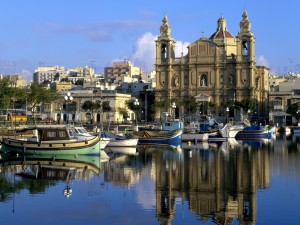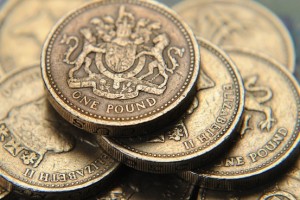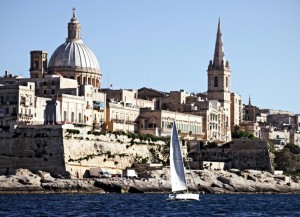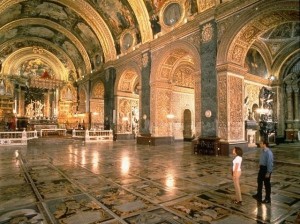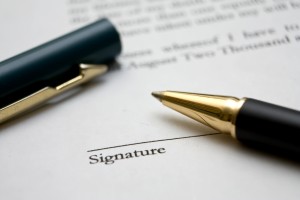An “extraordinary” number of pilots calling in sick on Tuesday had left Air Malta financially scarred, paying €500,000 in denied boarding compensation to more than 2000 passengers who had their flights delayed in a single day.

According to Air Malta Chief Executive Peter Davies, the “sick calls” of pilots were uncalled for and illogical. He said that the company is still restructuring and its future is not yet secured. The pilots’ evasion of responsibilities had damaged Maltese tourism, the airline’s reputation and irreversible financial damages.
Dominic Azzopardi, the leader of ALPA, the airline’s pilot union, said that the airline had long operated on the perception that none of its pilots will ever report in sick. He said that he had warned the company had missed 16 people in the pilot’s complement. Azzopardi said he was rejected when he wanted to promote six first officers to captain to introduce six new pilots.
Azzopardi is also responsible for ensuring that the pilots are fit for duty, which cleared him of suspected conspiracy against the company. Airlines are not allowed to let pilots who are unfit for duty fly air vehicles.
The ALPA president also added that the Air Malta management did not schedule pilots’ rosters ahead of time properly. Without a proper system, most pilots are only called from standby to come in and fly the airplanes whenever they are available, which is inefficient and unhealthy for pilots.
